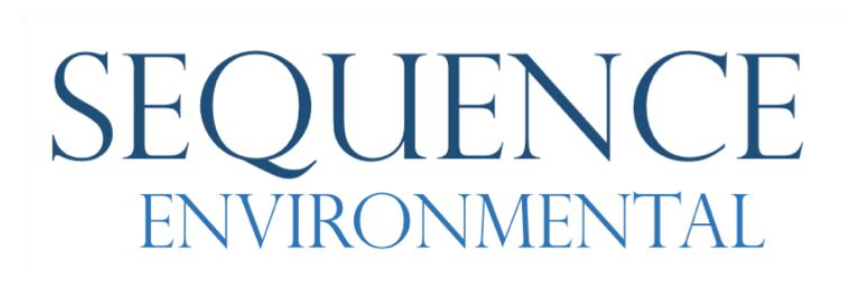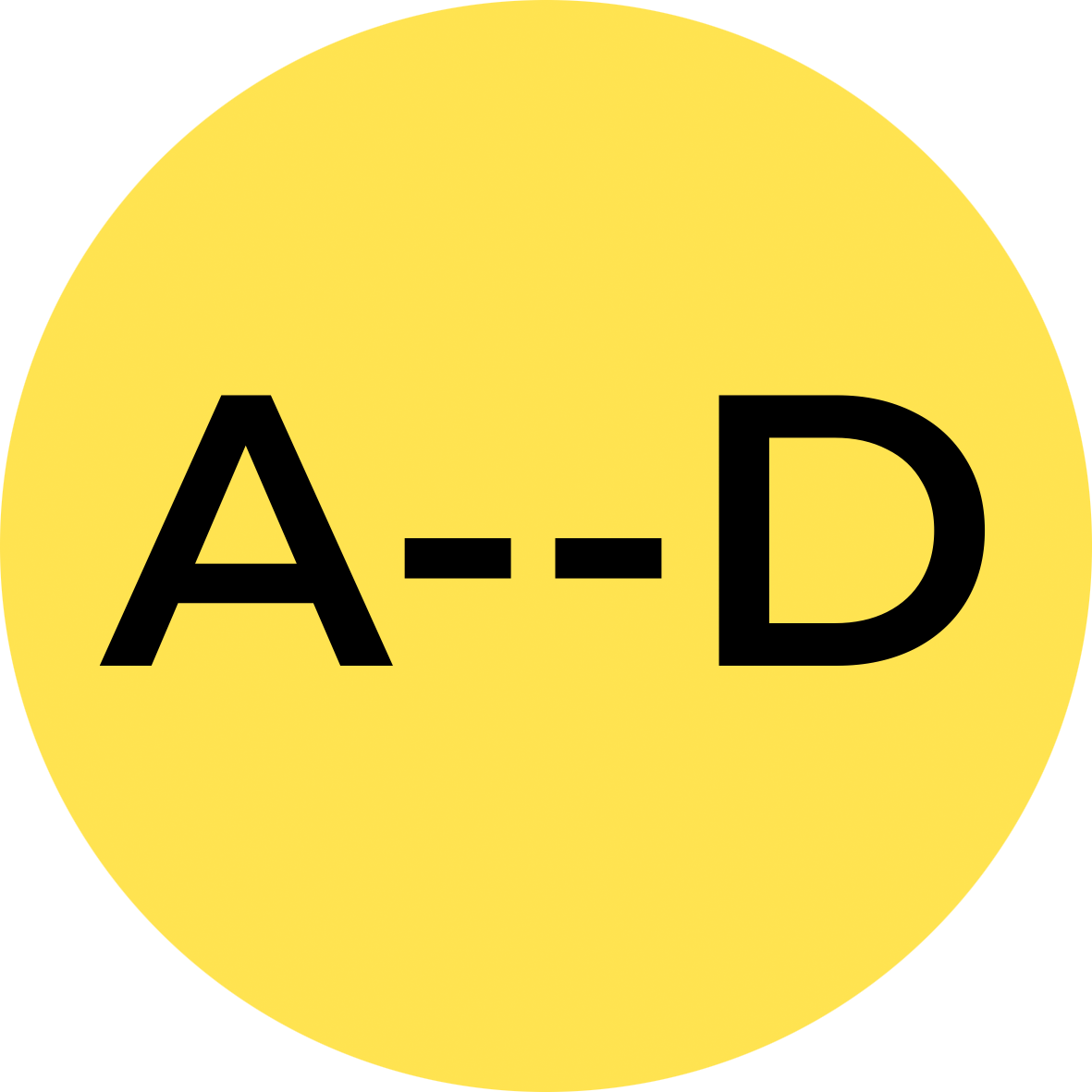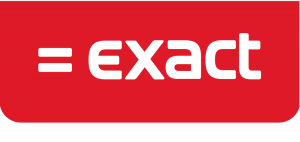 I wrote some time ago about net neutrality. And mentioned that it was complex subject with many facets and implications. Today, things just took another negative spin. This time with regard to intellectual property online. And boy am I angry.
I wrote some time ago about net neutrality. And mentioned that it was complex subject with many facets and implications. Today, things just took another negative spin. This time with regard to intellectual property online. And boy am I angry.
As you may have noticed, the Wikipedia community blacked out its English-language Wikipedia for 24 hours, in protest of the US government’s ongoing misguided attempts to curb piracy and copyright with SOPA (Stop Online Piracy Act) and its sister act, PIPA (Protect Intellectual Property Act.) PIPA is pretty self explanatory. So …
What’s SOPA?
“[SOPA] allow[s] the U.S. Department of Justice, as well as copyright holders, to seek court orders against websites accused of enabling or facilitating copyright infringement. Depending on who makes the request, the court order could include barring online advertising networks and payment facilitators from doing business with the allegedly infringing website, barring search engines from linking to such sites, and requiring Internet service providers to block access to such sites.”
The problem with SOPA isn’t the motivation
I’m all in favour of protecting intellectual property rights and beating online piracy, as are Wikipedia and all the recognised supporters listed below. But in effect, if the current bill in discussion were passed, any site that is even suspected of violation of copyright could be blocked by an ISP. Meaning that any copyright holder could shut any full site down outright, without providing proof.
No hearing. No trial. No due process.
As Tech and Trend says;
“SOPA was designed to go after Web sites instead of those who do the stealing. Web sites are protected from being held liable now, and opponents of the bill have been saying the new law would lead to a chilling effect on Web sites not affected. That means even Web sites that were operating legally would end up self-censoring in order to not get caught up in any legal proceedings.”
The ‘works’ mentioned is any content. That could be a remix of a song, a quote from an article, or an image used to illustrate a blog post, or a piece of breaking news that a large media corporation disputes the copyright of. In fact, anything that anyone shares that isn’t 100% indisputably yours.
Of course, small organisations or individuals are not likely to have the money or time to fight a big player in court. And the Justice Department knows this. Which means large corporations, and especially those in the media, music and entertainment industries, would be privileged over smaller businesses or individuals.
Plus, bear in mind that the Justice Department already state in the SOPA that sites could be blocked ‘depending on who makes the request’. So who are they going to listen to first, Joe Blogs from Springfield or Sony?
But there’s more.
Jimmy Wales, wikipedia co-founder:
“The issue here is that this law is very badly written, very broadly overreaching and, in at least the Senate version, would include the creation of a DNS (domain name system) blocking regime that’s technically identical to the one that’s used by China. I don’t think that’s the right way the U.S. needs to go in taking a leadership role on the Internet.”
So who’s protesting SOPA?
As well as Wikipedia, Google, Reddit, BoingBoing, and many more are protesting. Google claims opposition to the bills has been backed by 41 human rights organizations, 110 law professors, more than 200 entrepreneurs, AOL, eBay, Facebook, LinkedIn, Mozilla, Twitter and Yahoo.
Who else?
Me.
And it should be you too.
I’ll put this in bold:
It’s yet another case of the major political and economic players (especially in the dinosaur news, music and entertainment industries) desperately trying to protect the status quo, subjugate others, all while masquerading as the ‘common good.’
By the way, I’m a musician. And a content creator. I want my content protected according to how I decide. I want my content to be shared, remixed, rethunk, built upon and improved. I want a free internet. Freedom of knowledge. Freedom to share. But I also have ethics. Seems like the US Department doesn’t.
Clay Shirky (as ever) puts it brilliantly into perspective.
UPDATE:
Thanks to the voices of a million people with a passion for freedom and an internet connection, SOPA and PIPA have been withdrawn until there is further agreement. Bear in mind this was a relatively unknown bill until the tech geeks and social world got hold of it. And, for the moment at least, the mega-lobbyists have been defeated. Thanks to all who shared this – and all the other posts and coverage of SOPA and PIPA. You are stars!














